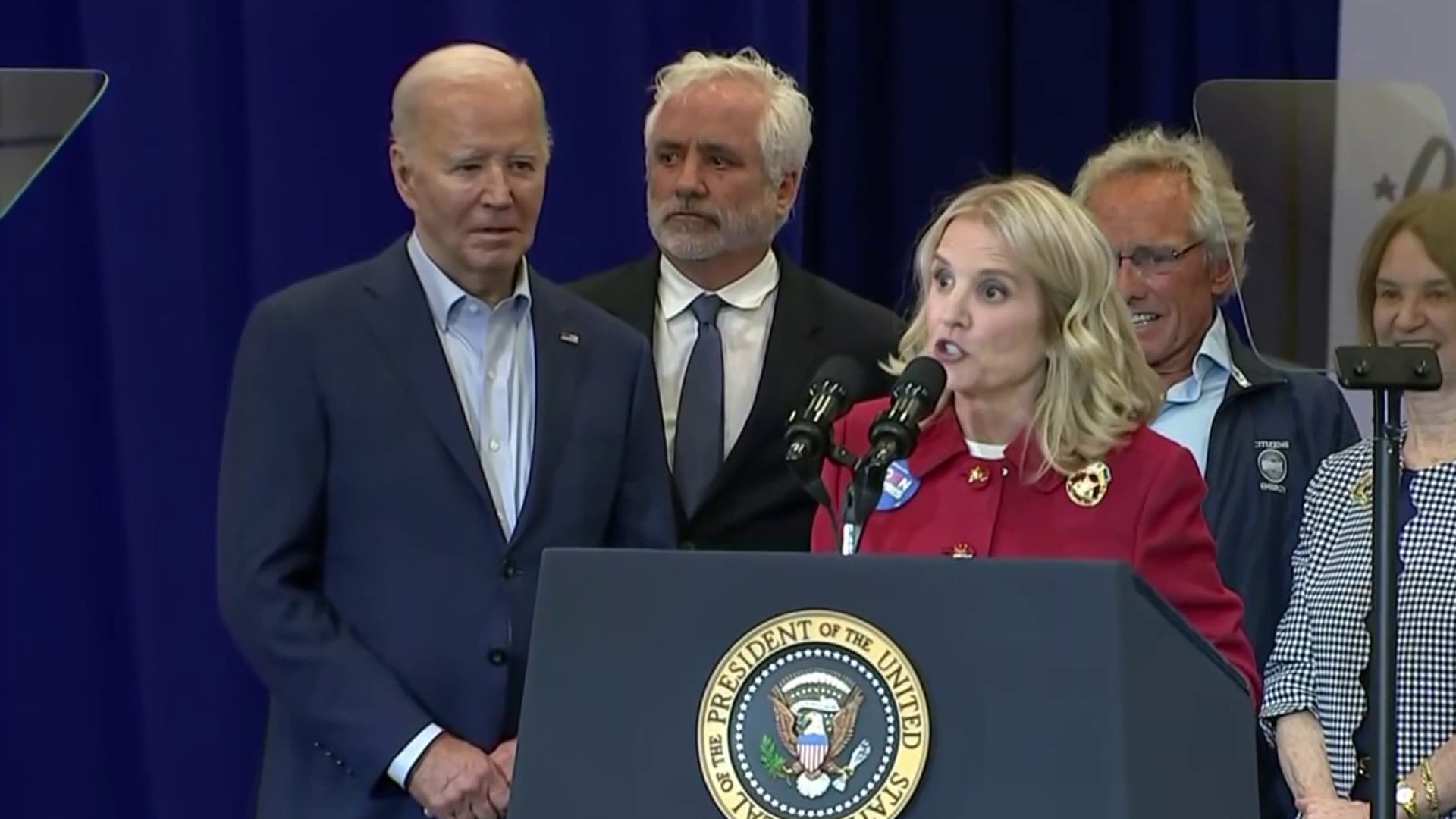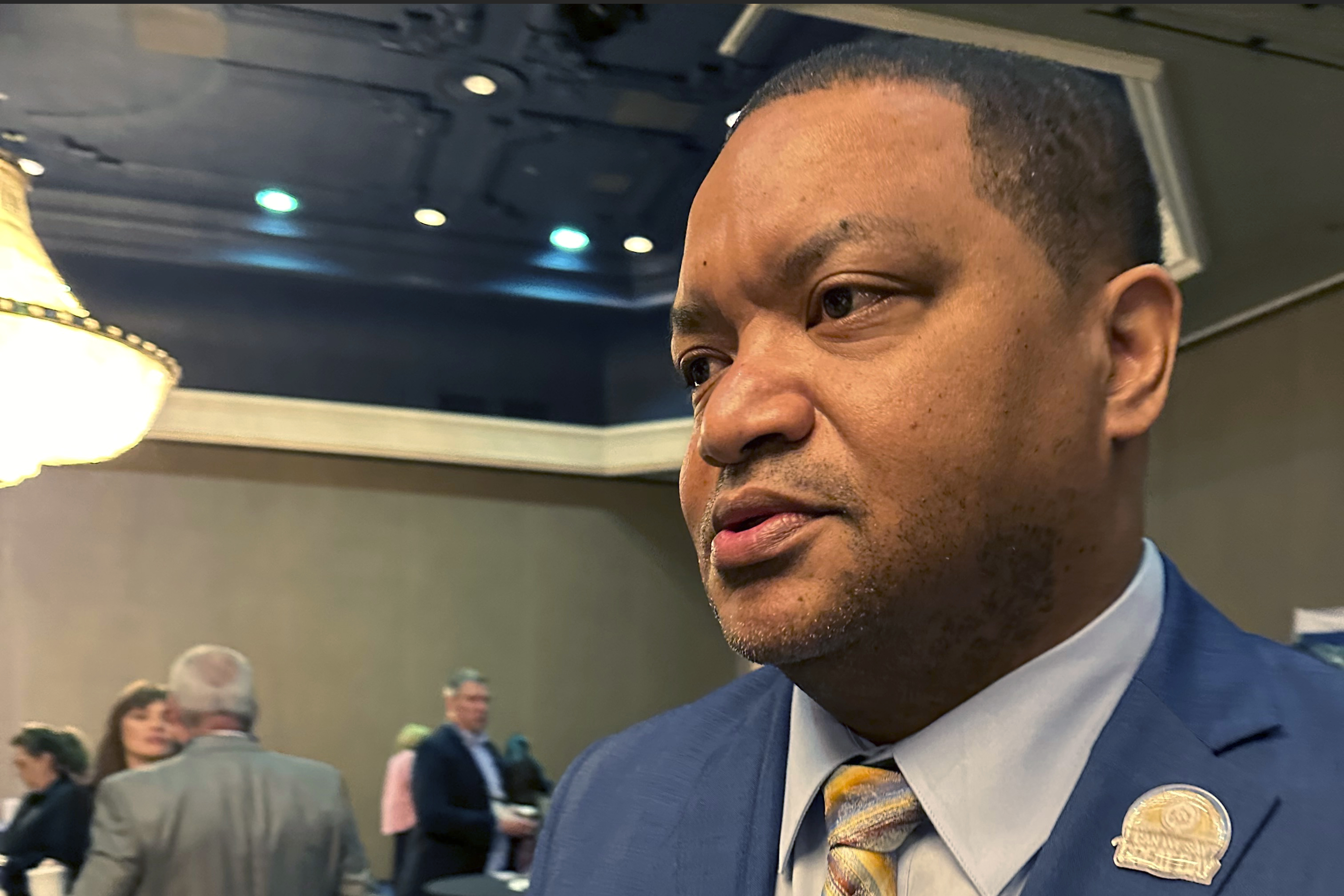A year after an anti-tax revolt took its toll on school budgets, New Jersey voters have returned to their more generous ways in the state's only-of-its-kind school tax elections.
According to an unofficial but complete tally by the New Jersey School Boards Association, the 429 of the 538 budgets up for a vote -- or 80 percent -- were adopted in elections across the state on Wednesday as a rigid new cap was put in place to control tax hikes.
Most years, fewer than one-fifth of the state's voters participate in school elections. Besides voting for school board candidates, citizens in most towns can vote up or down the property tax bill for their school districts. It's the best chance New Jersey citizens have to have a direct say on their property taxes, which average more than $7,000 a year -- by far the nation's highest.
Even though grumbling about the property taxes is practically the state's pastime, the majority are usually approved. Those that are rejected are trimmed by municipal governing bodies.
Last year, the norms were turned around. Gov. Chris Christie, a budget-cutting Republican, urged voters to reject spending plans in districts where teachers unions did not accept voluntary pay freezes and hikes in health insurance payments. The governor, who is in a long-running war of words with the state's teachers unions, argued that educators weren't doing enough to share the sacrifice of a lousy state economy that was forcing cuts to many government services.
The voters largely agreed with him, rejecting nearly 6 in 10 budget plans -- the most in at least 34 years.
This year, there was another shift. Christie and the Democrat-controlled state Legislature imposed a new cap limiting property tax increases to 2 percent, with some exceptions. The previous limit was 4 percent _ and had broader exceptions.
Politics
Last year, the state's subsidy to schools was also reduced by $1 billion. Districts across the state laid off teachers, cut extracurricular programs or imposed fees on their participants. This year, Christie's state budget plan calls for increasing aid to schools by $250 million. Lawmakers have not approved his budget plan.
But the promise of more money made planning a bit easier for school districts.
Only 11 school boards across the state asked voters a second budget question Wednesday seeking permission to exceed the new limits. Voters granted the approval in eight of those communities.
In Burlington County's Evesham Township, the proposed budget called for a cut in the total amount of taxes to be collected and layoffs of some teachers. Even though the total amount raised by taxes will be down, most homeowners will pay a bit more because property values have decreased.
Officials warned that if the spending plan was rejected, the Florence V. Evans Elementary School would have to be closed and its students dispersed to other schools nearby. The district's budget, rejected in the last two years, was passed. A sign in front of the school read, "Thank you Evesham voters."
Bryan Ward, the father of a third-grader at the school said his neighborhood next to the school was relieved.
"I'm hoping that people start to realize you can only cut so much before you're going to have an impact on services," he said.
Dan Cirucci, a conservative blogger who lives in Cherry Hill, lamented Wednesday's result. "New Jersey has reverted to norms," he said.
On his blog, he encouraged voters throughout New Jersey to reject spending plans. "I really believe that we have so few opportunities to get the message to these people in Trenton and all public officials," he said Thursday. "Every chance we get, we ought to say, 'enough.'"
Also Wednesday, some municipal governments asked voters to approve budgets that would hike the towns' share of property taxes by more than 2 percent. Twelve of the 14 failed.



